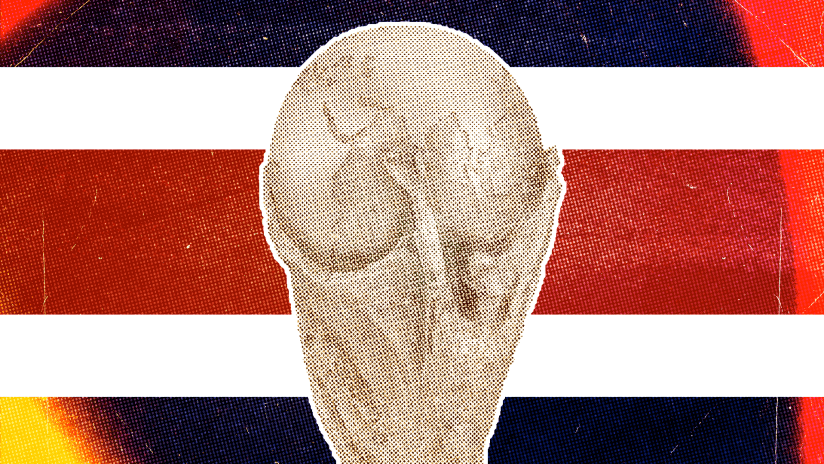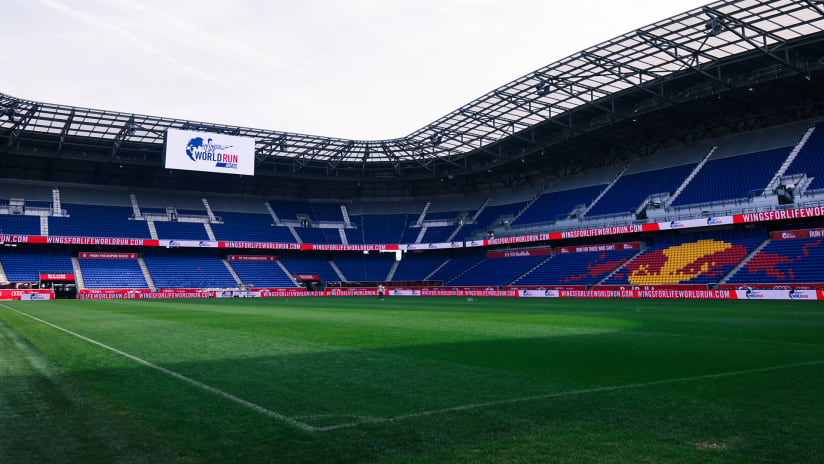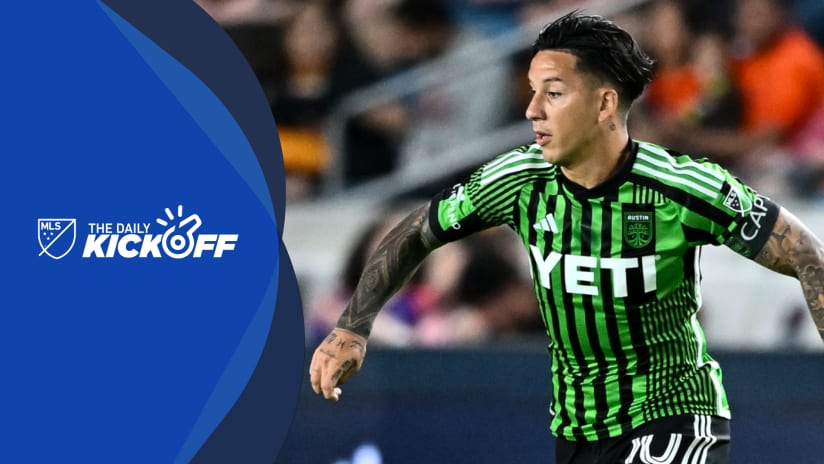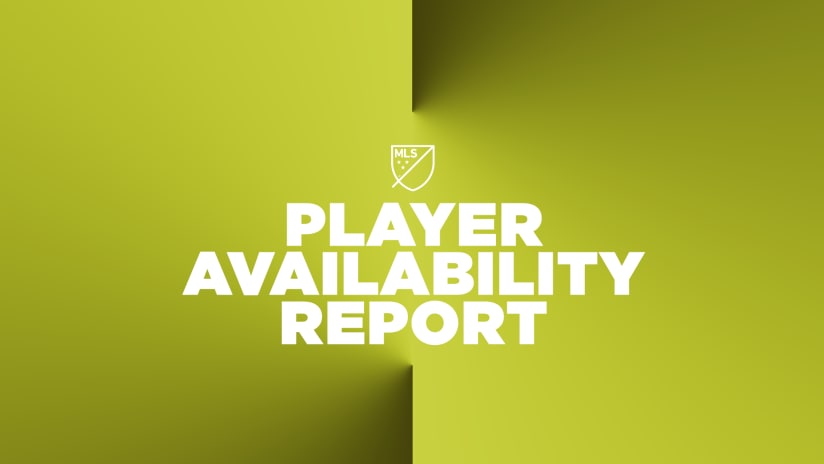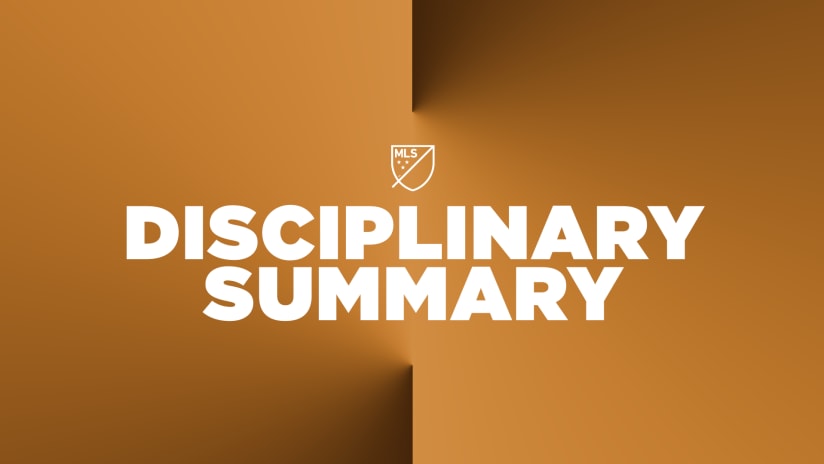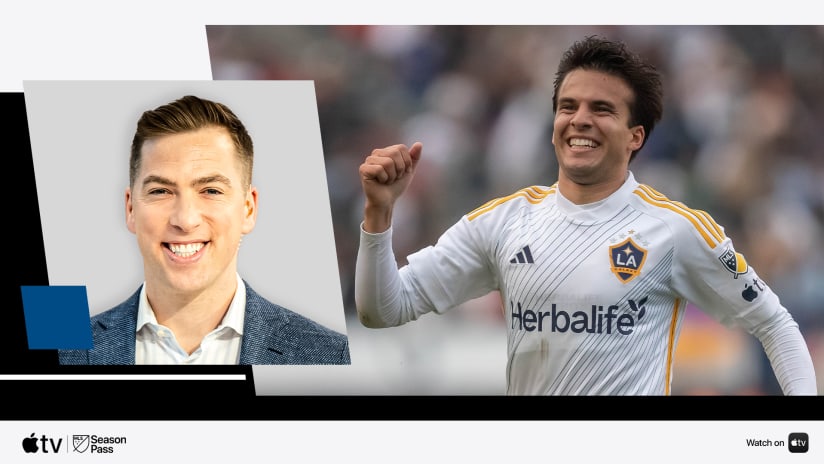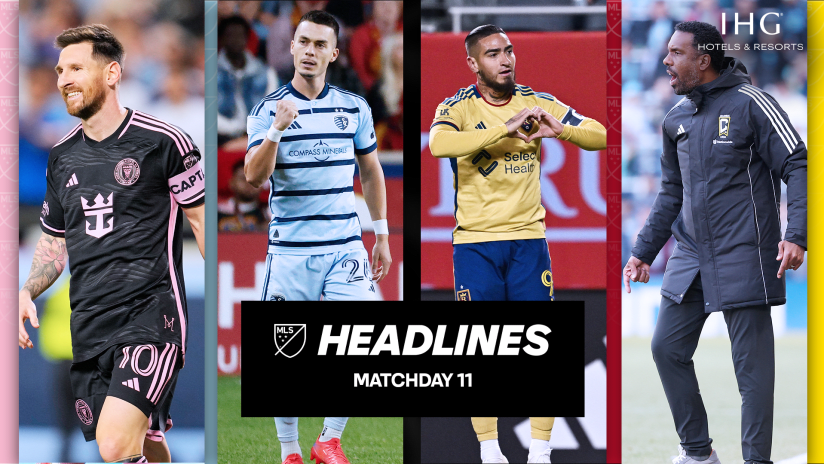It’s time for “El Repechaje” for Costa Rica. A game that is, essentially, the most intense of playoff matches. It's the type of situation that doesn’t take a week to be decided. There is no second round, and there is absolutely no next year.
On Tuesday, Costa Rica take on New Zealand to decide the final team that will qualify for the Qatar 2022 World Cup (2 pm ET | FS2, Telemundo, Universo). You better believe the entire country will come to a stop for this one, a winner-takes-all meeting in Qatar between Concacaf's fourth-place team and Oceania's winner.
El Repechaje
In my home country of Costa Rica, “El Repechaje” is treated as matter of life and death by players and fans. It defines the trajectory of the next few years to come, and it ultimately will determine the level of happiness of the whole nation. Remember, Costa Rica is the land of “Pura Vida,” land of "flora y fauna," and the land where humble, hardworking people like to drink their coffee and talk about soccer for hours on end.
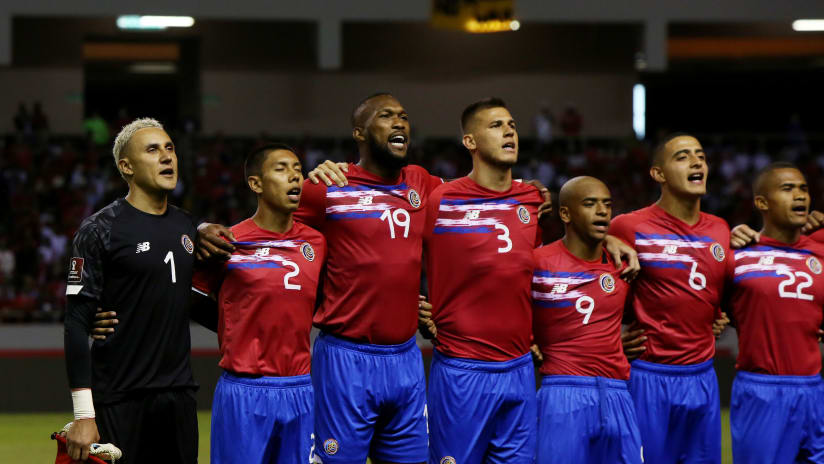
The players called up to wear those historic red jerseys have the unique opportunity to take Costa Rica to a third consecutive World Cup appearance. And it is truly a privilege to wear those colors. It’s also a huge responsibility. I learned this from day one when I was told by former teammate and good friend Alvaro Saborio, a longtime Real Salt Lake striker: “This jersey isn’t for everyone, so if you’re not ready to defend these colors please hand it over to someone who is willing to die for the country.”
I wasn’t even taken aback by the statement. I had cultivated those feelings from a young age growing up idolizing greats like Paulo Wanchope, Hernan Medford, Ronald Gomez and Harold Wallace. Throughout the remainder of my career, I lived by those famous words.
This weight of the kit occurred every time I landed in San Jose, reporting for camp. There is something indescribable about arriving in Costa Rica, feeling that heat hit your face as you walk through the tunnel to the gates. The full-circle moment came about 20 minutes before our first 2018 World Cup match vs. Serbia, which happened to land on my 30th birthday. Everything that I had worked for within the game of soccer had all come down to this one moment. When the Costa Rica national anthem began to play, I couldn’t hold back tears of joy – that's how much it means, especially on the World Cup stage.
Respect Concacaf
As this massive win-or-go-home match approaches, it is also worth noting it’s an important game for the region.
To say it plainly: Concacaf does not receive enough respect on the global stage. That's just a fact and here’s why it's happening: Concacaf is still working on figuring out who the top dog is amongst its nations. When all the attention is only put on the national teams that bring in more revenue to the region, and when the focus is built around highlighting only the players that amount to big-dollar signings during a transfer window, then the growth of Concacaf will always touch a ceiling. We need to learn from each other.
There isn’t enough emphasis and support for every country that is part of Concacaf. Each nation across this region has its own independent set of beliefs and philosophies on the type of football that should be played. And that’s fine, but why not create an environment where countries with fewer resources can take an inside look at what’s working for Mexico? What has been working for US Soccer? And yes, I’ll include Costa Rica in countries to learn from because we are on the verge of qualifying for our third consecutive World Cup and that’s no easy feat.
Concacaf does not have the same resources as European nations or the same structure as Conmebol. When I watch the qualifying matches in South America, I see two teams that are even for the most part. At any moment Venezuela could go head-to-head with Argentina, and a team like Peru can go to Brazil and earn a result. Having structure works and having similar coaching philosophies amongst countries works.
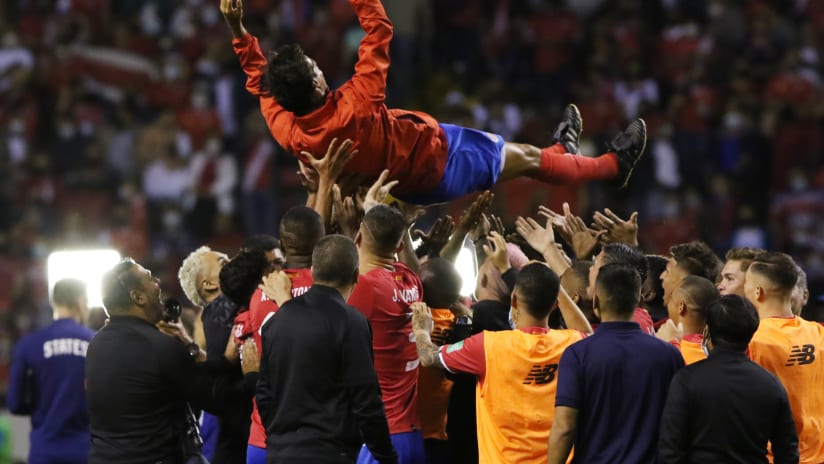
In the European region, clubs follow a similar way of playing, coaches are educated on how to properly prepare the youth. They have a roadmap on how to get to the highest international level from the start of a young player’s club career until they reach the professional ranks. The coaching is elite, the blueprint is set from an early stage and all they have to focus on is strapping on their boots, playing under a certain system and individually comprehending the style of play to achieve the highest level of competition.
Domestic leagues are another reason why Concacaf is not as respected as other regions just yet. Countries like Suriname, Bermuda, Guatemala and Martinique are amongst Concacaf nations we can’t hear nor feel much from because the grassroots development isn’t there. Right now, smaller countries in the region rely on the nationalization of players who want an opportunity at the international game to boost their individual stock. But it shouldn’t stop there. We need to collectively do a better job at implementing a system of coaching to bridge the gap between every single one of the countries in Concacaf. We need to work together and learn from each other.
Personally, I have seen growth in Concacaf from 2009 when I started my career. Are we moving forward? Yes, we are. Are we moving with one purpose in mind? I’m not sure about that yet. What we can take away from not getting enough recognition globally is change needs to happen. Collective structure, football awareness within the regions, touching every corner of the continent and reaching those communities. Giving the youth a clear and equal path to get to the top is so fundamental. What Concacaf needs is simple: more football education at the higher level, a better idea of styles of play and philosophy, less coaching turnover for the youth, and a fair chance for recognition will go a long way toward getting Concacaf into what we know it can become.
Now's the time
Costa Rica now have another opportunity to represent the region on the biggest stage. How they keep making it there needs to be analyzed and shared across the region. With all that said, go Ticos! I hope the whole region is rooting for another Concacaf country in the World Cup on Tuesday – joining the US, Canada and Mexico – that way we can all eat at the same table. A Group E spot alongside Germany, Japan and Spain awaits.
Pura Vida, my people!

